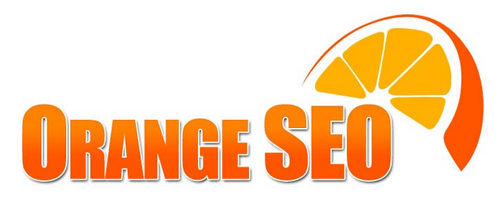E-A-T
Expertise-Authoritativeness-Trustworthiness
If you have been reading on some SEO blogs you might have seen this acronym pop up called EAT, which is short for Expertise, Authoritativeness, and Trustworthiness. In May 2019 Google updated its algorithm to show the importance of EAT. Now, it is a major ranking factor in determining page quality. If you want to make sure your SEO game is high you need to let Google and the user know you are the expert, or your rankings will never good up and your customers will not trust you enough to buy from you.
Just for clarification, the EAT strategy does not apply to large companies like Apple or Amazon because people already know who they are and understand their track record. However, if you are a small to medium size company EAT is very important because most or all of your customers probably have no heard of you before so you have to prove yourself before they will buy from you.
Expertise
This refers to the person or people behind the company. Are they an expert on the topic or subject? Do they have the credentials, if necessary, to back that up, and is this information available to read on the website? You can figure this out by reading the about us section of the website.
Formal Expertise: Related to individuals who are considered professional and have verified expertise or accreditations.
Everyday Expertise: Describe individuals demonstrating expertise based on their life experience.
Authoritativeness
This refers to the MC creator, the content itself, and the website on which it appears. The definition of “authoritativeness” gives us a big clue on what this means to Google and websites
“Authoritativeness” means having generally recognized authority. People know you, know your background, and look to you as a leader in your industry. They accept you as a good source of information.
Establish authority by showing Google information about the person who created the content, web page, or website. Display the author’s credentials on the topic. Include professional title, certifications, bio, photo, and link to their website.
Trustworthiness
The “Trustworthiness” part of E-A-T also refers to the owner and employees, the content, and the website.
Being a trustworthy expert and source means people can trust you to provide honest, true information that is accurate.
Google looks at external sources for authentication. Sources include Google My Business, Better Business Bureau, and Yelp. The number of reviews matter and the content being written does as well.
Trust Factors Include:
HTTPS Website
Easily Crawlable Site
Has Contact Information
Photos
Links Pointing from or to Authority Sites
Privacy, and Terms and Condition Links
Special E-A-T Considerations
The guidelines have some specific notes for certain topics that require high E-A-T. Specifically, pages containing the following content need to have specialized expertise behind them:
Medical advice
Journalistic news articles
Information pages on scientific topics
Financial advice, legal advice, and tax advice
Advice pages on high-stakes topics (home remodeling, parenting, etc.)
Pages on hobbies that require expertise, e.g., photography, playing guitar
High-Quality Content is Expert, User-Focused Content
To create high-quality content that Google will rank high, you need to look at the three things found in the Search Quality Evaluator Guidelines:
Every page must have a purpose, and that purpose must be accomplished to benefit the user.
Every page needs the right expertise behind it. Some pages require higher levels of E-A-T than others due to their subject matter. Sometimes, the evidence for the expertise can be found in the content itself.
Finally, remember that Google’s algorithms are constantly changing. That is because user expectations of search are always changing as well and Google needs to keep up to stay relevant.





